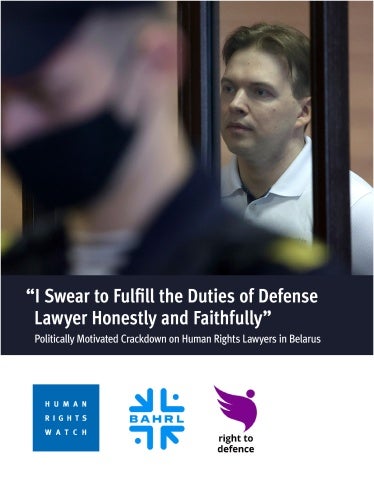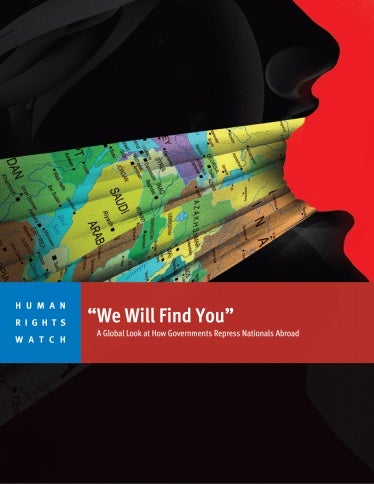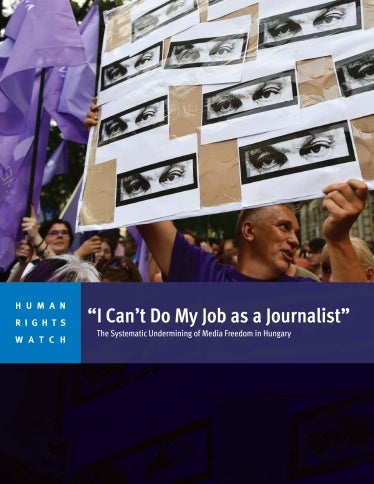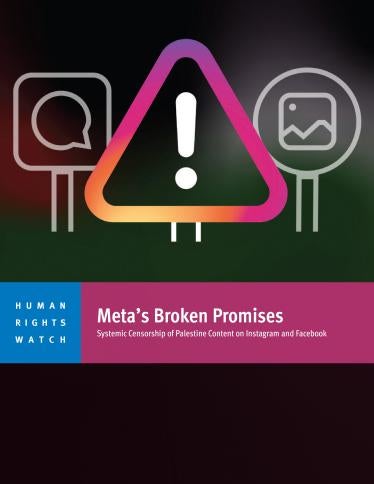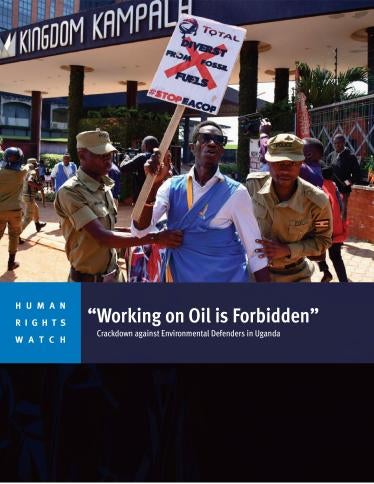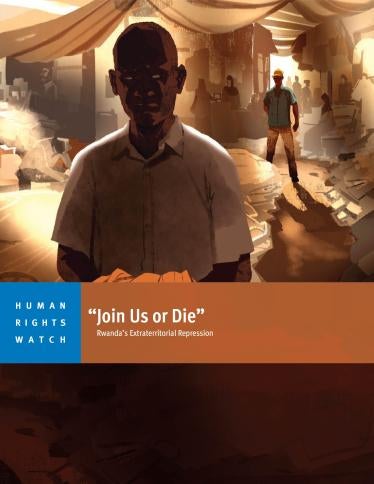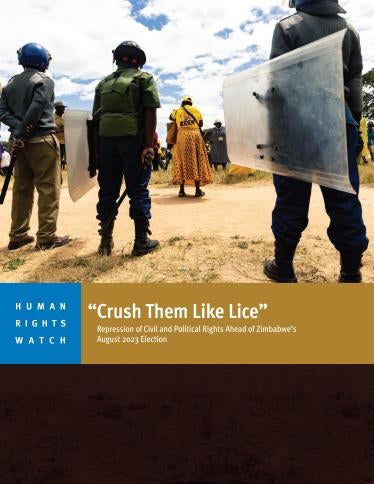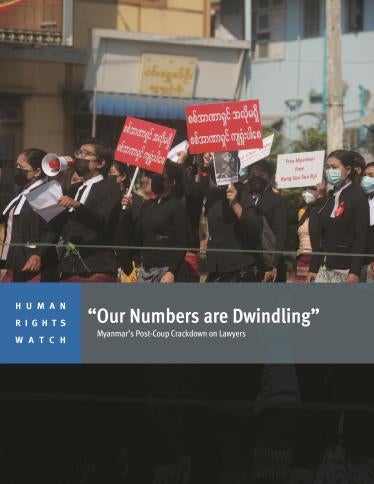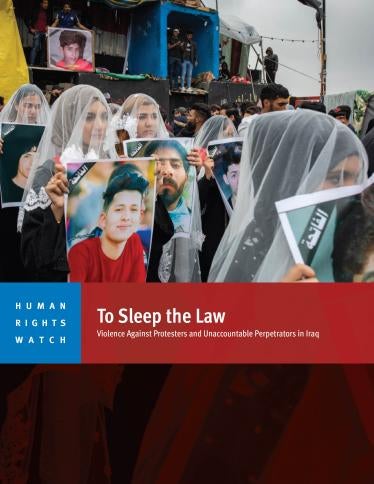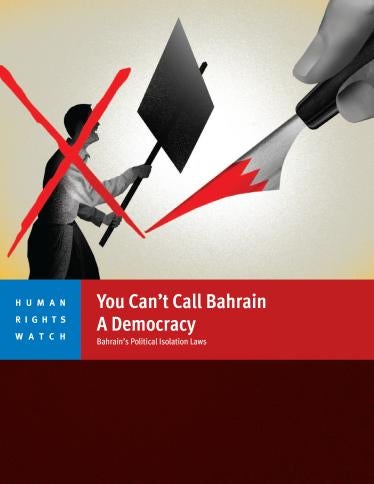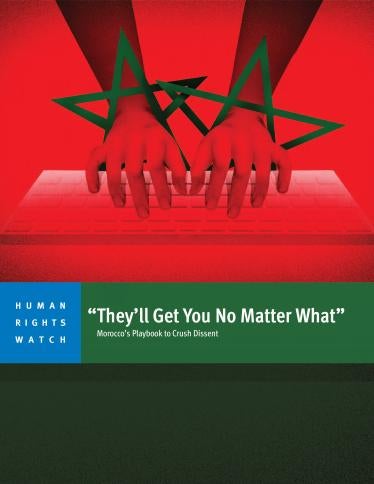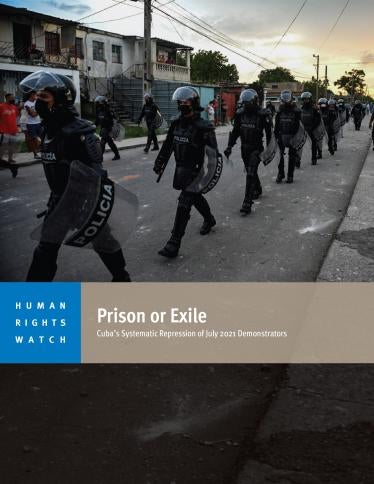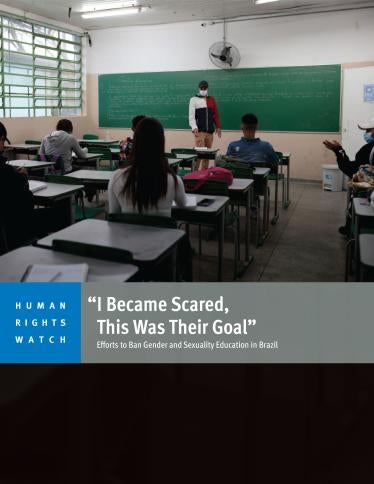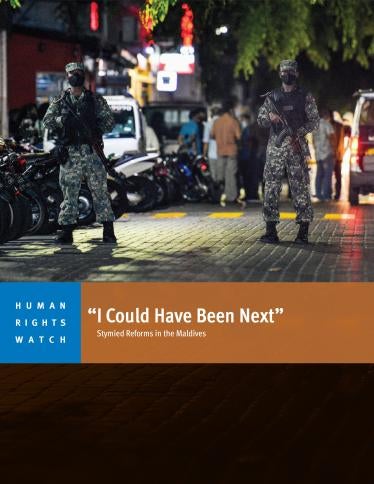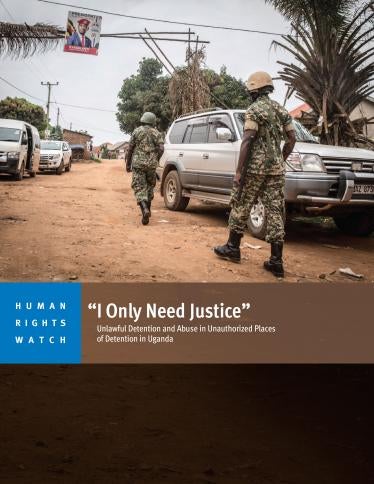“Why Do They Hate Us So Much?”
Discriminatory Censorship Laws Harm Education in Florida
In the 86-page report, “‘Why Do They Hate Us So Much?’: Discriminatory Censorship Laws Harm Education in Florida,” the groups say that Florida leaders are reshaping elementary, middle, and high school classroom content through new laws and policies that censor, distort, and discriminate. Such laws restrict classroom instruction about race in US history, sexual orientation, and gender identity, ban books reducing the information available to students, and promulgate inaccurate and misleading civics and history standards.

